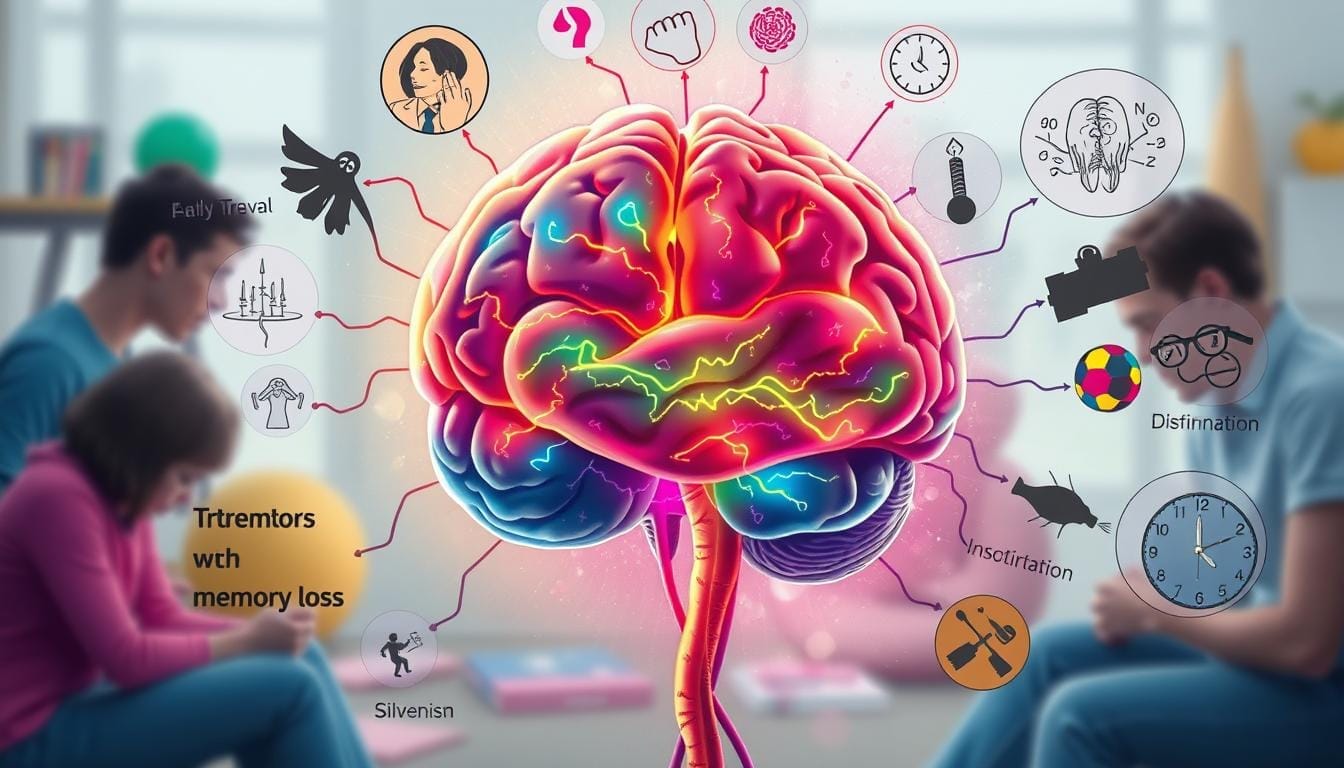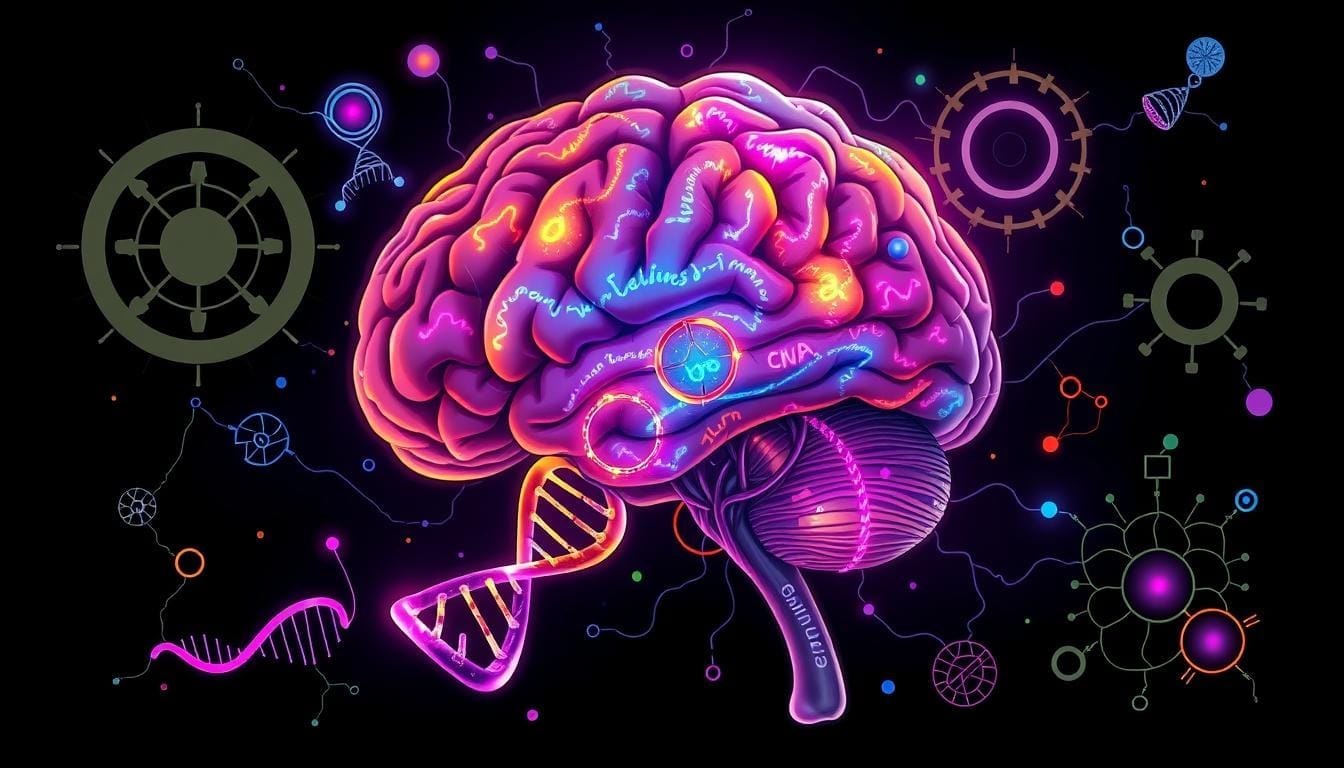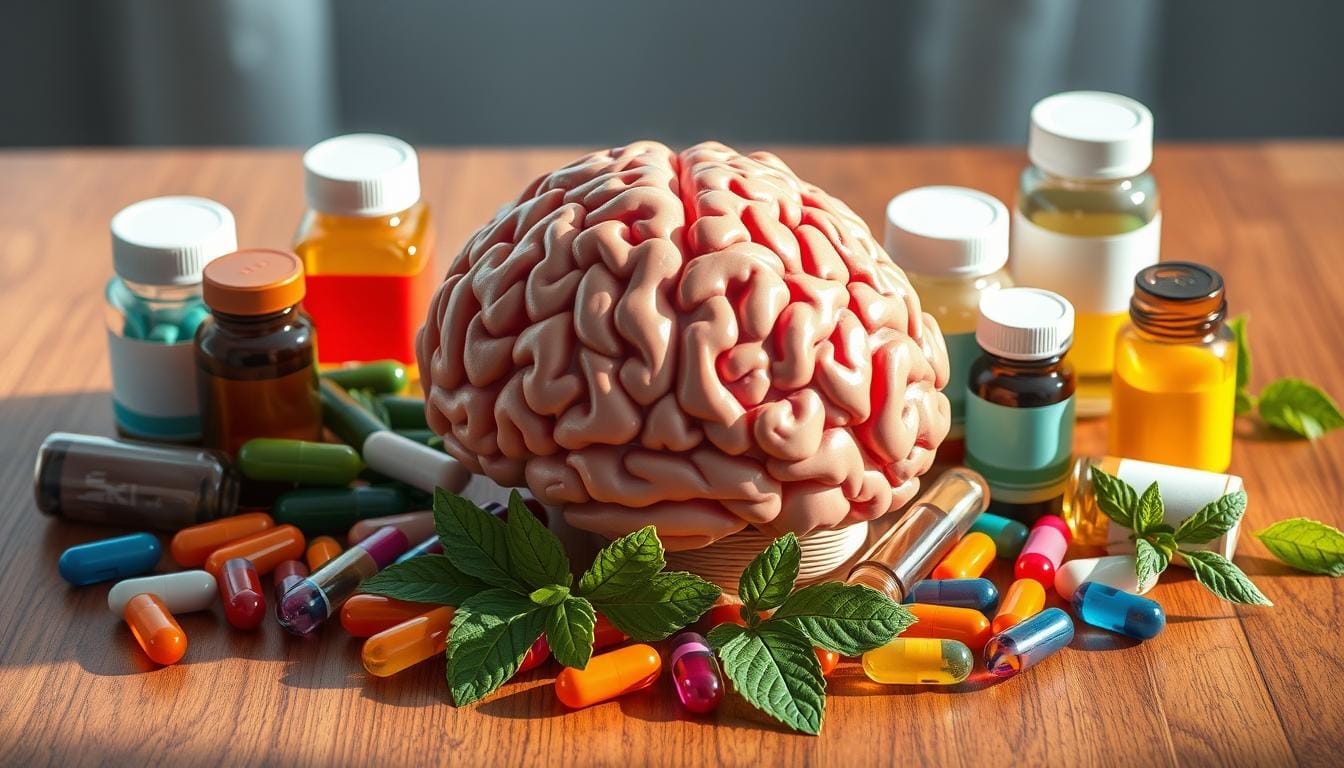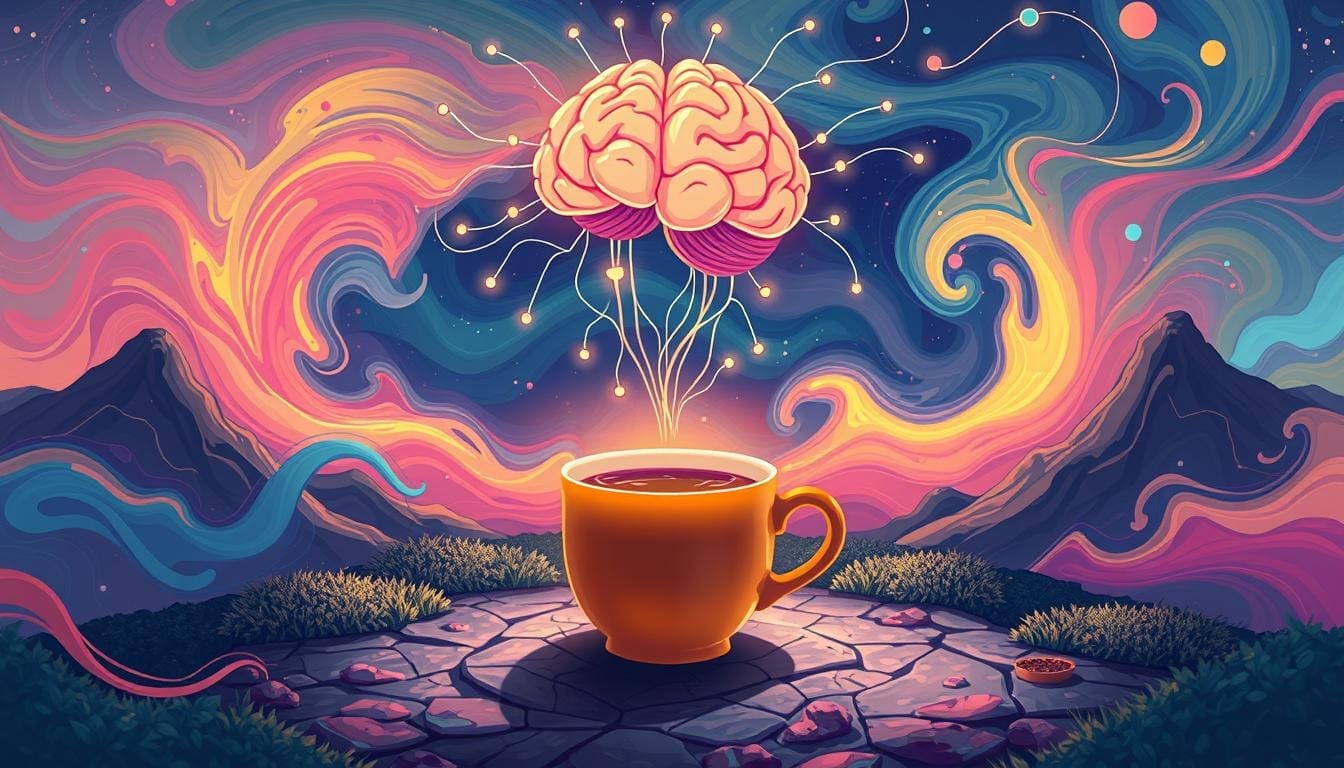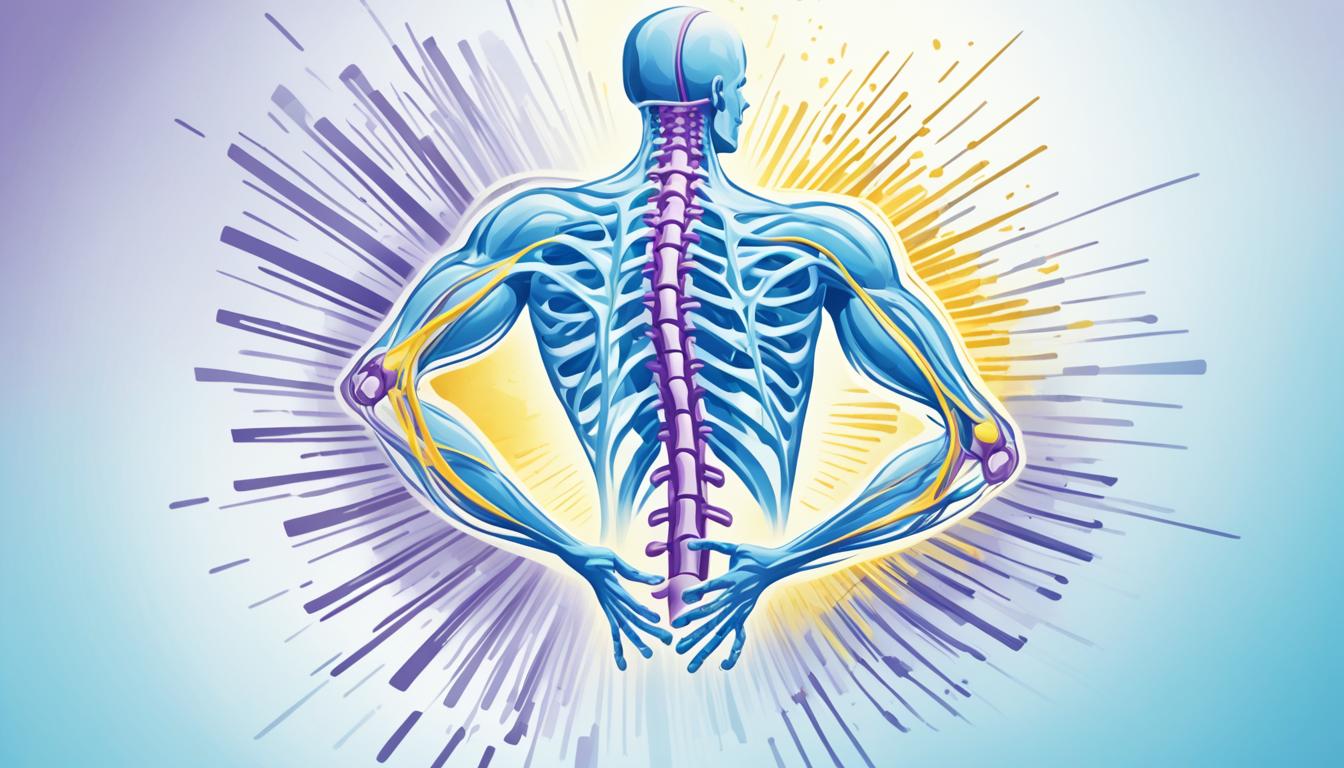How to Use Nutrition to Support Nerve Regeneration
Peripheral nerve injuries hit over one million people worldwide each year. They cause big problems…
How Energy Drinks Affect Cognitive Performance
Energy drinks have become very popular since the late 1990s. They claim to boost physical…
How to Spot the Early Symptoms of Neurological Disorders
Neurological disorders can affect many areas, like thinking and moving. They touch millions of…
The Role of Genetics in Neurological Diseases
Genetics has changed how we see neurological diseases. These conditions can come from one bad gene…
Supplements to Boost Brain Function
Have you ever found yourself forgetting names, losing focus mid-sentence, or struggling to stay…
The Impact of Caffeine on Memory and Focus
Have you ever grabbed a cup of coffee before a big exam or an important meeting, hoping it will…
Ways Parents Can Support Emotional Health in Children
Have you ever wondered why your child seems more withdrawn, easily upset, or just "not themselves"…
Best Snacks for Studying and Staying Focused
Ever caught yourself yawning mid-revision or forgetting everything you just read? You're not alone.…
5 Yoga Poses for Better Sleep and Relaxation
Have you ever spent hours staring at the ceiling, trying to fall asleep but your mind just won't…
Top Methods for Herniated Disc Pain Relief: Effective Solutions
If you're one of the 2% of adults in the U.S. with a herniated disc, you know the pain is real and…



